Legacy piece of work remains for new council
Buller District Council has established a solid foundation for the new Council to progress Buller’s climate change adaptation planning process.
Councillor Phill Rutherford says: “This is a weighty piece of work for our whole district that the new council will steadily progress over their tenure.
Climate change adaptation is probably one of the most integral pieces of work this council has started. It will forge the path ahead for our land, people and district as a whole.”
Council started the conversation with the community about climate change issues, resilience, and the need for science-based adaptation planning during the 2021-2031 Long Term Plan (LTP) consultation.
Mr Rutherford says: “We listened to our community’s aspiration to prioritise investment into climate change resilience and adaptation planning and firmly incorporated it into council’s LTP.
A total budget of $419,000 was allocated to climate change adaptation in the LTP 2021-2031. Council applied to central government for an additional $500,000 from the Three Waters Better-Off Funding.
Mr Rutherford says:” Since February we have laid down the groundwork to develop a forward-thinking climate change adaptation plan for our district.”
A series of high-level risk workshops with councillors and technical experts was facilitated by Christchurch-based risk specialists Resilient Organisations with input from scientists from the University of Canterbury.
Mr Rutherford says: “The outcomes from this high-level risk assessment are currently being analysed and the results will be used to prioritise the focus for the climate change scenario modelling, and a risk and opportunity assessment for Buller.”
The adaptation planning process comprises seven phases. These are inception, establishment, scoping, scenario modelling, risk assessment, risk ranking and prioritising and action planning.
Council intends to have a climate change adaptation plan for the Buller District drafted by 2026.
So far, council has scoped the project, identified key resources, and engaged with iwi, the West Coast Regional Council and the Ministry for the Environment. Council set up the project team and a technical advisory group to provide expert guidance.
Mr Rutherford says: “We are approaching a phase where the technical advisory group identifies high level climate change hazards and risks across the district, as well information gaps.”
These results will be presented to the new council and a decision regarding the magnitude of information to gather will be required.
Mr Rutherford says:” Defining the magnitude of information to be gathered will be a first key decision the new council will make. How much information will be gathered will have a big implication on the level of scenario modelling.”
The scenario modelling will produce a greater level of certainty around what risks and opportunities the district will face in the future. These risks and opportunities will be ranked and prioritised in phase six.
During the final phase, a detailed adaptation plan and strategy including localised action plans will be developed.
Mr Rutherford says: “So far most of the work has been done in the background. With the experts producing scenario modelling next year, we are reaching a point where we can communicate a more tangible story to our community.”
Once the data for Buller is collected and visualised, council will be able to inform residents what the impact of climate change will be for different parts of Buller.
At this stage council will start to engage with its communities and stakeholders, providing opportunities to contribute to prioritising what risks to focus on, and to developing adaptation solutions.
Mr Rutherford concludes: “Climate change adaptation will be across everything the new council does. It is a big piece of work to inherit, but it is a very important piece of work.
Once the new council is brought up to speed it will engage in a close conversation with our community and take the whole district on the journey. It will not simply be decided by council and staff.”
Background:
During council’s 2021-2031 Long Term Plan community consultation process the community confirmed the importance of addressing climate change and environmental sustainability.
Council’s approach to develop a climate change adaptation plan is informed by the Local Climate Change Risk Assessment guidance produced by the Ministry for the Environment.
This process is interrelated with and informed by central government’s National Adaptation Plan which was released earlier this year.
Council specified in the LTP 2021 – 2031 key principles which will guide the process. These include that the science will be used to build scenarios for communities across the district.
Council will partner with central government, including the Ministry for the Environment, the West Coast Regional Council, and scientific agencies to secure the necessary support for the project.
Council will collaborate with the West Coast Regional Council and communities to identify the district’s significant social, cultural, and economic values that are under threat.
The outcomes of the adaptation planning process will inform council’s future policies and strategies and Te Tai o Poutini Plan. A partnership approach with Ngāti Waewae will be used to ensure cultural considerations are taken into account.
Adaptation is concerned with adjusting to actual or expected climate change and its effects.
-ENDS-
For more information contact:
Councillor Phil Rutherford
Buller District Council
Phil.rutherford@bdc.govt.nz
